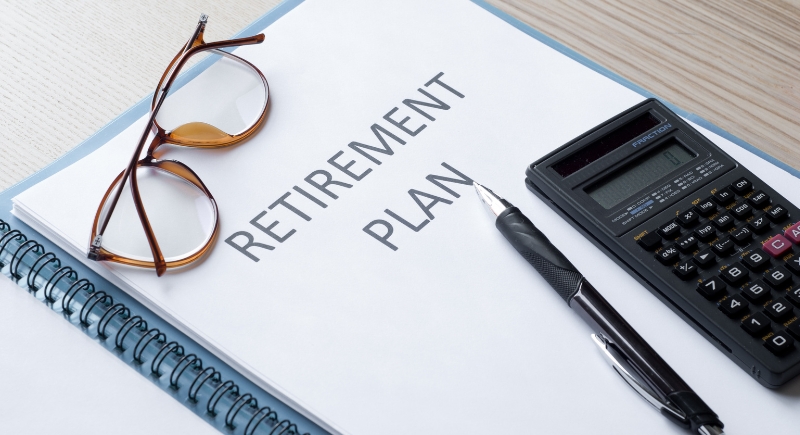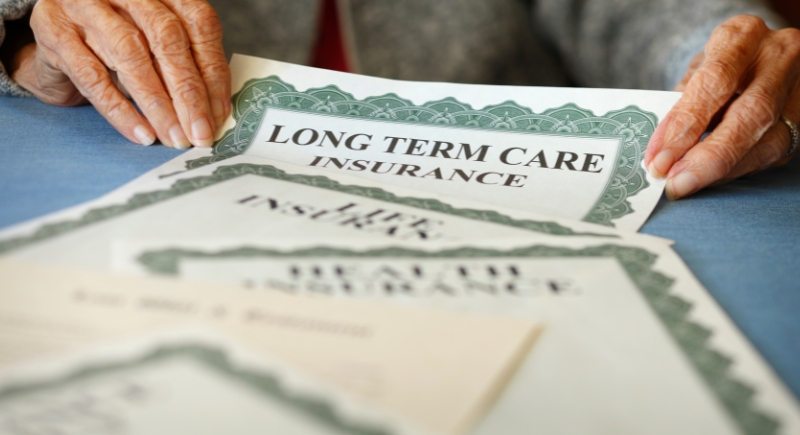How Boomers Are Losing Money in the Trump Economy
President Donald Trump’s second term has brought inflation, tax shifts, and market swings. Many baby boomers are feeling the impact, especially those relying on outdated strategies or reacting without a plan. These are the mistakes showing up most often.
Treating Cash Like It’s Still King

Credit: Jupiterimages
A pile of cash might feel like a safety net, but it’s losing value. In April 2025, prices were up 3.4% compared to the year before. That’s a quiet hit to anyone keeping money in low-yield accounts. For retirees trying to stretch every dollar, it adds up fast.
Panic-Selling During Market Dips

Credit: pexels
Stock market jitters tied to Trump’s latest tariff announcements or Fed statements often cause abrupt sell-offs. Some boomers hit the eject button too early. Tom Buckingham of Nassau Financial Group says reacting to every headline can sabotage long-term financial plans.
Failing To Budget for Everyday Medical Expenses

Credit: Getty Images
Medicare doesn’t cover everything. Dental visits, glasses, and common prescriptions often fall outside the safety net. For many retirees, those extras can total more than $5,000 a year. Without a separate health budget, small bills turn into a steady drain.
Banking on Social Security Alone

Credit: Getty Images
Social Security is meant to supplement retirement, not cover it entirely. Yet, many boomers treat it like a standalone income plan. Trump’s tax cut proposals on Social Security may help wealthier retirees now, but experts warn this could speed up trust fund depletion.
Overlooking Withdrawal Strategies That Trigger Higher Taxes

Credit: Eduar Goricev’s Images
Pulling from retirement accounts without a plan can backfire. Large withdrawals from IRAs or 401(k)s can bump retirees into higher tax brackets. Many miss the chance to spread withdrawals out or shift funds into Roth accounts. A little planning here can keep more money in your pocket.
Holding Onto the Wrong Kind of Debt

Credit: Bigc Studio
Boomers now carry more credit card debt than any generation before them. According to Experian, the average boomer holds over $6,000 in revolving credit balances. With interest rates climbing, that debt is getting more expensive by the month.
Skipping Financial Checkups

Credit: Getty Images
Life changes, and so should financial plans. Too many older adults haven’t revisited their investment strategies in a decade. Christopher Stroup of Silicon Beach Planning says the “set it and forget it” mindset doesn’t work anymore. Between new economic shifts and inflation concerns, periodic financial reviews can help catch blind spots and adjust for new risks.
Failing To Downsize When It Makes Sense

Credit: Getty Images
Some boomers hold onto large homes longer than necessary. But rising maintenance costs, property taxes, and insurance premiums can turn homes into financial drains. More than freeing up capital, downsizing can reduce overhead and simplify retirement living.
Sticking With Yesterday’s Investment Mix

Credit: Getty Images
The classic 60/40 retirement portfolio isn’t a universal fix anymore. Many boomers are overweight in bonds or dividend stocks, assuming they’re safe. But inflation and low yields can chip away at real returns. Financial advisors say that in a shifting economy, portfolios need periodic rebalancing.
Thinking Retirement Ends the Need for Financial Planning

Retirement
Some boomers treat retirement as their final financial goal and then stop adjusting. But retirement spans decades. Changes in tax law, healthcare needs, or inflation require ongoing tweaks.
Overlooking Long-Term Care Insurance

Credit: Getty Images
Most boomers know healthcare is expensive, but many still skip long-term care coverage. The U.S. Department of Health and Human Services reports that 7 in 10 people turning 65 today will need long-term care. Private insurance or hybrid policies can help cover in-home care or assisted living expenses that Medicare simply doesn’t handle.
Underestimating the Impact of Tariffs

Credit: Getty Images
Trump’s tariff-heavy trade policies may feel distant, but they affect everyday purchases. Increased import taxes drive up the price of everything from groceries to electronics, which makes fixed incomes stretch even less.
Outdated Spending Habits That Ignore Lifestyle Shifts

Credit: Getty Images
Many boomers still use spending plans that don’t reflect how their lives or the economy have changed. A budget built around commuting, dining out, or supporting adult kids may no longer fit a post-retirement lifestyle.
Misjudging Housing Market Timing

Credit: 89Stocker
Hanging on to a home in hopes of a peak sale price doesn’t always pay off. Rising interest rates and uneven demand are already cooling some suburban markets in 2025, according to Zillow. For boomers considering a move, waiting too long could mean missing the window they were counting on.
Missing Out on Income-Generating Hobbies or Side Gigs

Credit: baseimage
Plenty of retirees have skills or hobbies that could bring in extra cash, but they don’t tap into them. Whether it’s freelance work, selling online, or picking up short-term projects, even modest income can take pressure off savings. AARP reports that more than 1 in 5 retirees now work part-time—often for both the income and the routine.